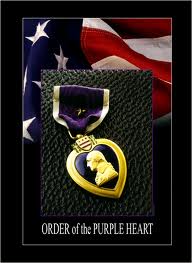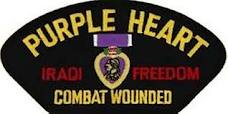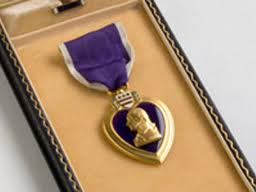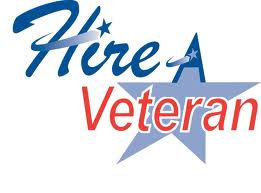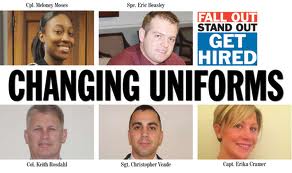Feb
25
Purple Heart Warriors (Documentary)
Filed Under Purple Heart, Tears of a Warrior, Veterans, War | Comments Off on Purple Heart Warriors (Documentary)
by Tony Seahorn
Purple Heart Warriors (Documentary)
http://www.youtube.com/watch?v=kAtPzFvbJsI&feature=share
Feb
10
A HOLOCAUST OF THE SPIRIT
Filed Under American Patriotism, Holocaust, PTSD treatment, TBI & PTSD, Tears, Tears of a Warrior | Comments Off on A HOLOCAUST OF THE SPIRIT
by Janet J. Seahorn, Ph.D
It is interesting how many people still have not heard of Post Traumatic Stress. It’s as if they have been living under that rock in the Geico commercial. Maybe part of this circumstance is due to the fact that less than 1% of Americans are currently serving in the military. During WWII one could walk down most streets throughout the U.S. and count at least five houses that had a star in the window.
Today, as in the Vietnam War, we no longer have signs that signify to others that a family member is serving overseas. Little is shown to symbolize the sacrifice of the few. Somewhere a child is missing his father or mother each night before she goes to bed. Somebody’s mother may be crying herself to sleep again, worried sick about the safety of her child. A spouse is having to carry on every detail of daily chores by herself/himself and doing it each day with a loneliness that shatters the heart.
Many ask us what it is like living with PTSD. For me, I think the best description is the trauma of combat leaves many vets with a Holocaust of the Spirit. Webster’s Dictionary defines holocaust as a “vast or total destruction, usually by fire; great loss of life or property; a sacrificial offering consumed by fire”. Such a description is pretty accurate when you think about it. During battle, not only is there physical fire, there is the mental and emotional fire — a fire in the heart, brain, and soul. Then there is that word “sacrifice”. Sacrifice is always the consequence of any combat experience: sacrifice for one’s country, sacrifice for unknown people in unknown areas of the world, sacrifice for one’s fellow troops, and sacrifice of families left behind to wait and pray for their loved one’s return.
As with every Holocaust, loss of life is ever present. And that life, if one survives, will never be the same. The fire of battle has consumed what a person was before the experience, and left him with scars that tend to break and reopen with the living of each new day. It is a never ending journey towards healing. Some days are better than others, but not one day is ever the old picture of “normal”.
Yet, here is the important part of any Holocaust to remember … It can be survived! Like the mythical bird, the Phoenix, who was burned beyond all recognition and rose from its ashes to become an immortal body and spirit, many of our PTSD burdened veterans achieve a similar destiny. Both are warriors of distinction and beauty. Both died in their own painful fire, and both became molded into something purer in spirit and stronger in mind and body.
It is easier to endure the fire if you can hold onto something precious to the heart and spirit. Therefore, I included the following old Pueblo Indian Blessing that my brother recently shared with me (365 Days of Walking the Red Road)
Hold on to what is good, even if it is a handful of dirt.
Hold on to what you believe, even if it is a tree that stands by itself.
Hold on to what you must do, even if it is a long way from here.
Hold on to life, even if it is easier to let go.
Hold on to my hand, even if I have gone away from you.
Feb
2
VETS, JOBS AND MISCONCEPTIONS
Filed Under Tears, Tears of a Warrior, Troops, Veterans, War | Comments Off on VETS, JOBS AND MISCONCEPTIONS
by Janet J. Seahorn, Ph.D


